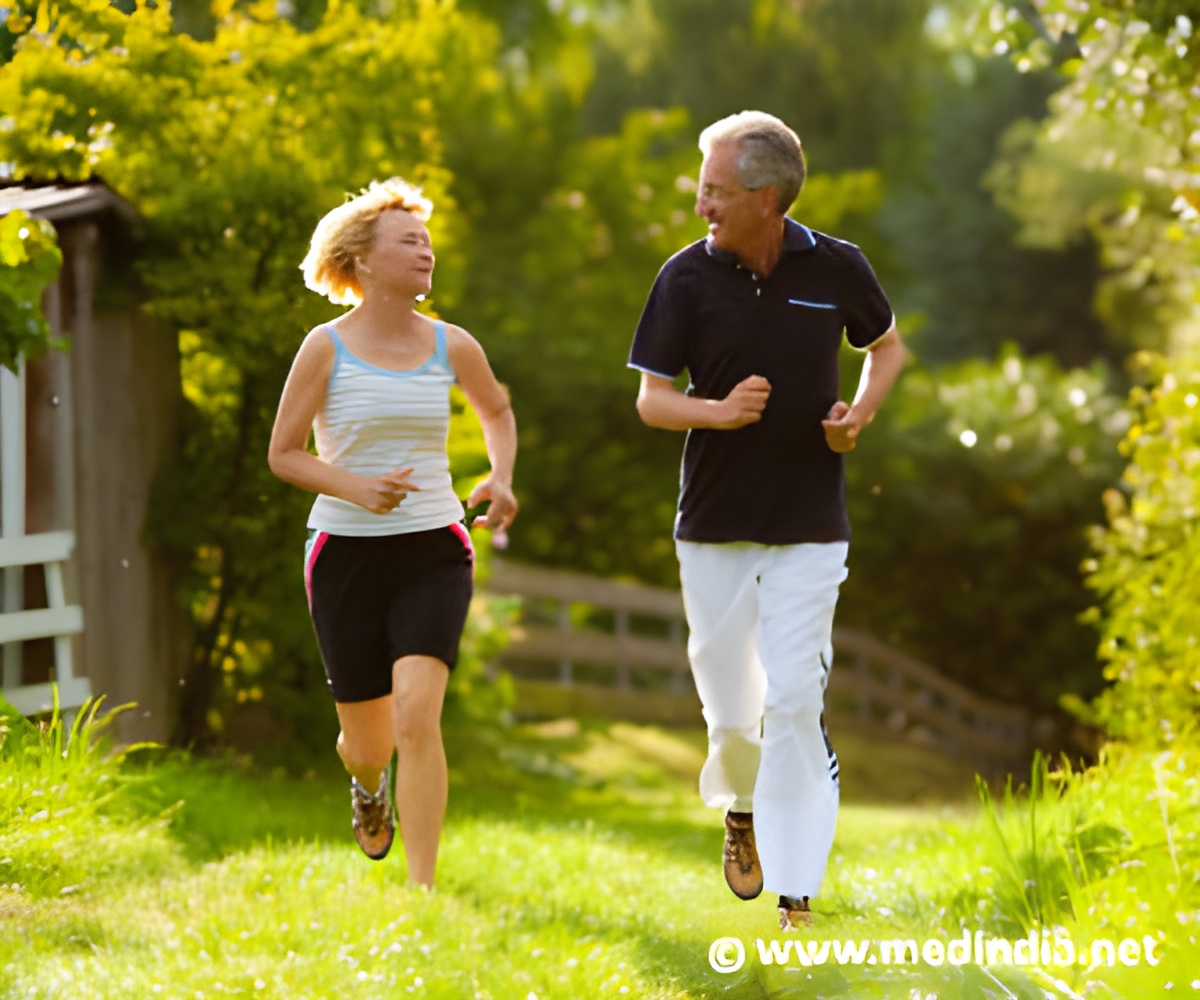After doing specific training for 12 weeks, people over the age of 90 improved their strength, power and muscle mass, finds a new study.

24 people between 91 and 96 participated in the research, eleven of them in the experimental group and 13 in the control group. Two days a week over a 12-week period they did multicomponent training: a programme of various exercises designed specifically for them and which combined strength training and balance improving exercises.
As Mikel Izquierdo explained, "the training raised their functional capacity, lowered the risk of falls, and improved muscle power. In addition to the significant increases in the physical capacity of frail elderly people, the study has shown that power training can be perfectly applied to the elderly with frailty."
With ageing, the functional capacity of the neuromuscular, cardiovascular and respiratory system progressively starts to diminish, and this leads to an increased risk of frailty. Physical inactivity is one of the fundamental factors that contributes to the loss of muscular mass and functional capacity, a key aspect in frailty.
Prof Izquierdo said that the results of the study point to the importance of implementing exercise programmes in patients of this type, exercises to develop muscle power, balance and walking.
In his view, it would be beneficial to apply exercises of this type among vulnerable elderly people to prevent the impact of ageing, improve their wellbeing and help them to adapt to the society in which they live.
Advertisement
Source-ANI















